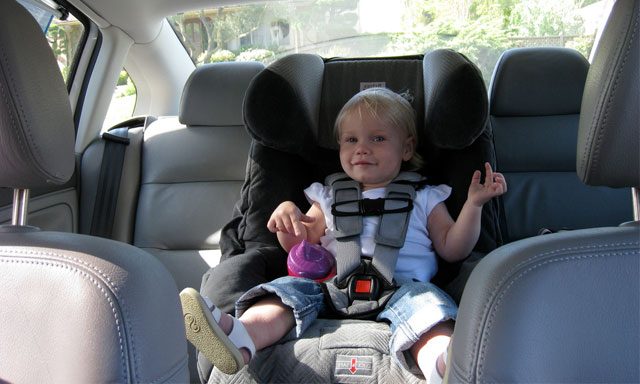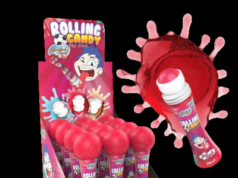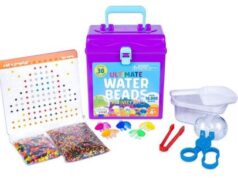
Car seats are intended to protect babies and small children in the event of an accident or sudden stop, but in order for this to happen, the seat must be free of manufacturing and design defects.
When a defective or otherwise faulty car seat fails in an accident and harms your child, you as a consumer have the right to pursue a product liability claim against the manufacturer. This type of claim (which may evolve into a lawsuit) allows you to seek money damages for your child’s injuries and other related financial losses.
You will likely need the help of a product liability lawyer to successfully pursue such a claim, but as with most personal injury cases, these cases are almost always taken on contingency (no win, no pay). We recommend seeking out a few free consultations before hiring an attorney.
The Importance of Being Informed
Although it’s true that all the preparation and safety in the world cannot prevent an accident from occurring, it’s important to understand that motor vehicle accidents are one of the leading causes of death and injury to children all over the United States.
The use of a fully-functional car seat can dramatically reduce the potential for injuries or death if an accident occurs. However, defects in infant car seats can increase the potential for injury or death and pose a significant risk to your child.
There are often no obvious warning signs of a car seat defect, and unfortunately, these defects are frequently discovered only after they’ve failed in a car accident.
The most common defects include:
- Latches or buckles that are too loose or very difficult to undo put the child in danger of serious injuries, being ejected from the vehicle, or making rescue difficult.
- Faulty adjusters that make the straps dangerous for the child.
- A weak or broken frame.
- The use of other low-quality materials.
Recent Car Seat Recalls
Parents and caregivers need to take the time to research any units that may be subject to a recall before making a purchase. There have been a number of major recalls in just the last two years. Some of the more notable recalls include the following:
- On September 18, 2015, Racaro Child Safety LLC recalled over 173,000 Performance and ProRide car seats because of the danger the child could face if the defective top tether comes loose.
- On August 14, 2015, Britax recalled approximately 200,000 Click Tight Advocate, Boulevard, and Marathon car seats because a sticky button could cause the shoulder straps to come loose.
- After pressure from federal safety authorities, on July 1, 2014, Graco agreed to recall 1.9 million infant car seats that could get stickier over time, and become impossible to open in case of an emergency (SnugRide, SnugRide Classic Connect, SnugRide Click Connect, and Aprica car seats).
- On April 17, 2015, federal safety officials ordered Graco to pay a minimum of $10 million in fines and take steps to improve child safety after they delayed recalling approximately four million car seats that had defective belt buckles.
- On April 16, 2014, Baby Trend recalled 16,000 TrendZ FastBack 3-in-1 car seats because defective harness buckles could get stuck and make it difficult if not impossible to remove a child from the seat in case of an emergency.
The recalls listed above only represent a small sample of the currently active infant car seat recalls out there, and we urge you to research your specific model. Visit NHTSA’s child seat recall page, or do a search for the make/model along with keywords such as “defective,” “recall,” and “unsafe” to look for safety notices and consumer reviews.







